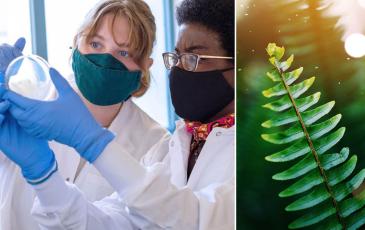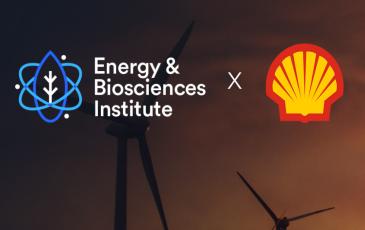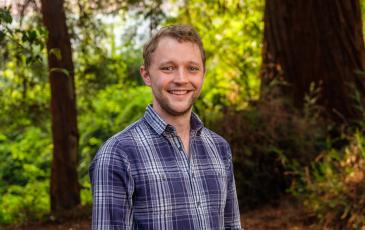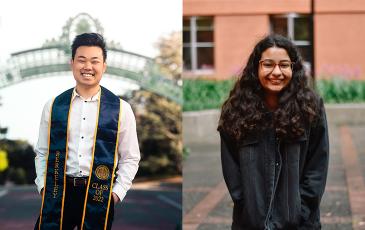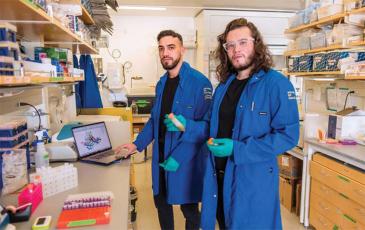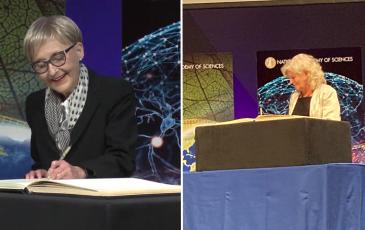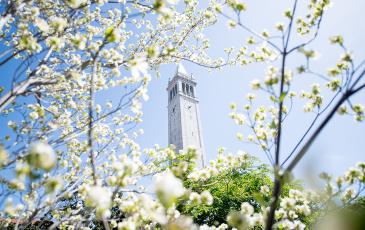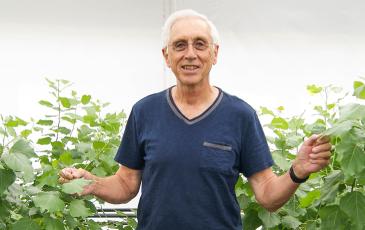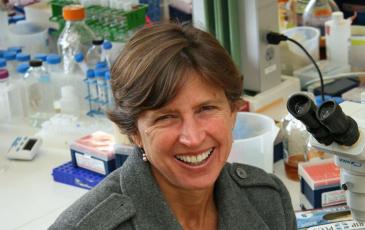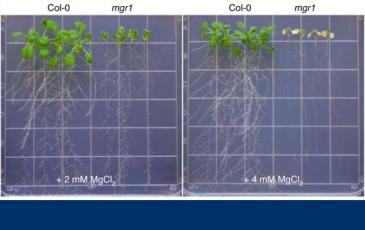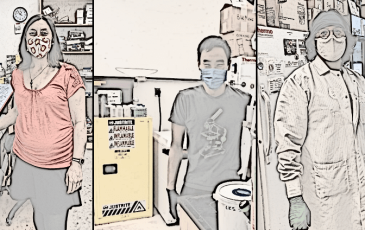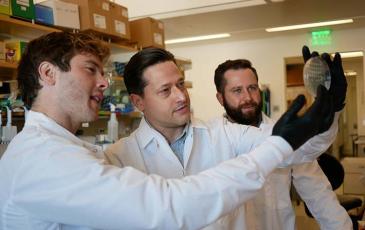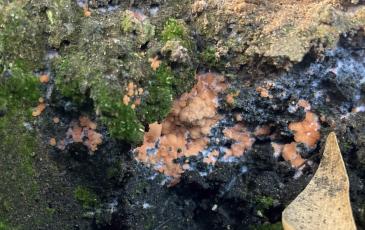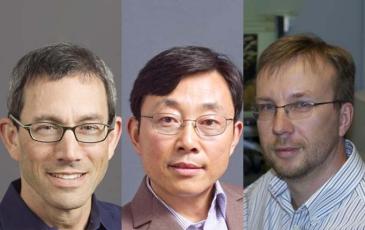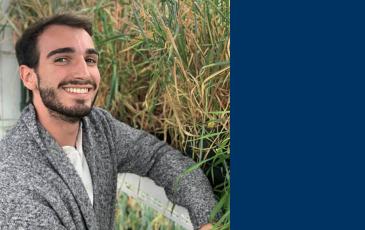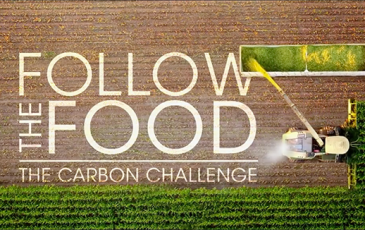The spring 2022 edition of our newsletter features alumni profiles, a brief history of the department, class notes, and more.
Energy & Biosciences Institute renews partnership with Shell
The continued research agreement will enable further research that can make next-generation fuels a competitive, sustainable alternative to fossil fuels.
Ben Williams named 2022 Hellman Fellow
The program supports junior faculty research across the UC system.
Two PMB undergraduates honored with departmental awards
Nada Lamie and Kenneth Trang are recognized for excellence in undergraduate studies.
Deciphering Microbial Mysteries
PMB graduate students Basem Al-Shayeb and Luis Valentin-Alvarado were featured in Breakthroughs magazine for their research that is helping reshape our understanding of the bacterial world.
Barbara Baker and N. Louise Glass sign NAS registry of membership
Both professors were elected to the National Academy of Sciences in 2021 and were honored during the National Academy of Sciences Annual Meeting last week.
PMB graduate students, alumna receive National Science Foundation awards
Four current and incoming students, and one alumna will be supported by the prestigious research fellowship.
Thank you for supporting PMB!
Nearly 500 people supported Rausser College during this year's Big Give. See the impact here.
In Memoriam: Norman Terry
Remembering Norman Terry, longtime professor and renowned phytoremediation expert, who passed away on Feb 12 at age 82.
Alum Pamela Ronald awarded Wolf Prize in Agriculture
Ronald, PhD ’90, is recognized for pioneering work on disease resistance and environmental stress tolerance in rice.
Rausser College 2022 Photo contest
Enter the Rausser College story photo contest! Submit your best images by February 28 for a chance to win prizes and to have your work featured in College publications and social media.
Understanding how plants can grow in high magnesium environments
Research from the lab of Sheng Luan helps explain how some plants could tolerate the magnesium levels found in inhospitable places like California’s serpentine soils—or even on Mars.
Lost in translation
PMB graduate student Leah Gulyas explores how one tiny coronavirus protein blockades host cells—and how a few simple changes can flip the script.
CRISPRing the microbiome is just around the corner
CRISPR is widely used to target specific cell types, but only one at a time. Two new techniques developed in the lab of Jill Banfield allow CRISPR editing of genes in multiple cell types simultaneously.
Understanding why some “fire-loving” fungi thrive after wildfire
In a new study, which was featured in the New York Times, PMB researchers uncover a food source that allows some fungi to flourish after a fire.
PMB faculty recognized for number of citations
The Clarivate Highly Cited Researcher 2021 list includes PMB’s Sheng Luan, Kris Niyogi, and Igor Grigoriev.
The pen is mightier than the pipette
PMB Graduate student Lauren Hamm interviewed science communicators on the dos and don’ts of sharing research with the public.
Student Spotlight: Nicholas Karavolias
Ph.D. candidate Karavolias uses CRISPR/Cas and other genetic tools to understand the genes that regulate the development and operation of stomata in rice varieties.
RIPE Project featured by BBC
Professor Krishna Niyogi and his lab are collaborators on the project, which works to improve plant photosynthesis and increase yields for farmers worldwide.


